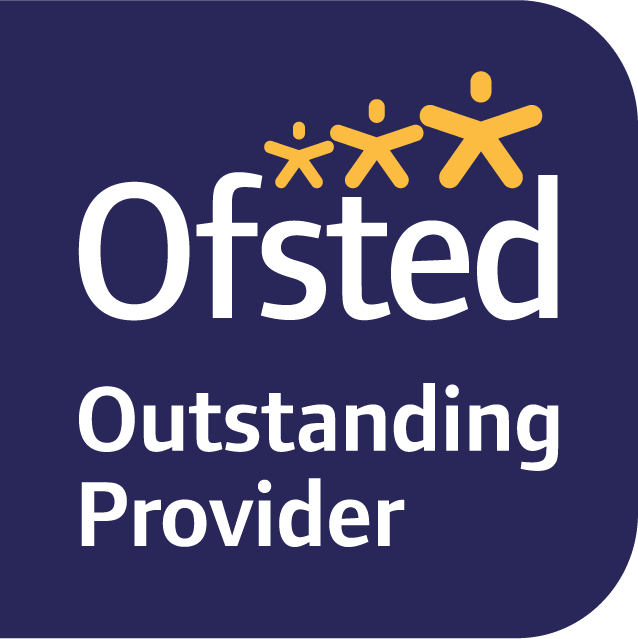180 delegates from 10 different countries headed to Hartpury University and Hartpury College for the International Society for Equitation Science (ISES) Conference 2022 from 9-12 August. Attendees agreed on several outcomes, notably a need for more evidence-informed practice and a need to understand the motivating factors in the equestrian community.
The theme of this year’s conference was Succeed with Science: Performance, Practice and Positive Partnerships, shining light on several important topics at a particularly crucial time for the equine industry.
More than 60 individuals also joined the conference via live stream, and the event was supported by sponsors including World Horse Welfare, The Horse Trust, Redwings Horse Sanctuary, The Blue Cross, Animal Behaviour & Training Council, Equine Register, and the University of Edinburgh. A busy timetable included 11 workshops, 4 keynote speakers, 3 plenary sessions, 24 oral presentations, 32 lightening talk poster presentations and 2 panel sessions.
At a time when the entire industry is becoming more and more cognisant of the challenges facing equestrian sport and wider equestrian activities, the need for equestrianism to evidence its social license has never been more important.
Hartpury students, graduates and staff joined fellow academics and industry experts to present and deliberate research exploring the key pillars which underpin horse-human relationships across all equestrian activities.
The key outcome from the conference was a need for more evidence informed practice to enable academics, researchers, and organisations like ISES to lead by example. There is also a need to understand what motivates equestrian communities through listening and supporting people to change. It was widely agreed that there’s a need to establish baseline data for what practices are being undertaken currently to better understand horse owner/rider decision making.
Dr Jane Williams, Head of Research at Hartpury University and Honorary President at ISES, said: “I’d like to thank everyone who made this year’s conference an overwhelming success including the highly respected speakers, delegates, sponsors, and industry partners. The conference gave us all food for thought across several influential areas and it’s clear that there is a hunger to drive change.
“Change isn’t easy or comfortable, but we currently have an opportunity across equestrianism. Equestrian culture can be challenging to fully understand and navigate; the role of the horse differs between partnerships, where and how horse owners access information and gain their knowledge can be shaped by peers, traditional practices, and our own experiences – this can hinder starting conversations and changing practice. However, it is this change that will ultimately result in more positive horse-human partnerships.
“Looking ahead, we must embrace an evidence informed approach to work with industry, horse owners, keepers and trainers to drive forward positive change for horses and the humans involved with them.”
Research is an integral part of many equine courses at Hartpury University with both undergraduate and postgraduate students having access to a range of opportunities. From industry research partnerships, to studies within the state-of-the-art Equine Therapy Centre or Margaret Giffen Centre for Rider Performance, students and staff are encouraged and supported to contribute to knowledge exchange that influences industry practices and improves horse welfare.
Students also have opportunities to attend conferences such as ISES Hartpury 2022 and ICEEP, even presenting their findings to an audience of influential global experts and thought leaders.
A new MSc Equitation Science launches this September setting out to improve the welfare of horses and rider through ethical decision-making underpinned by the latest scientific research. The programme will focus on applying equitation science principles in real-world practice.









